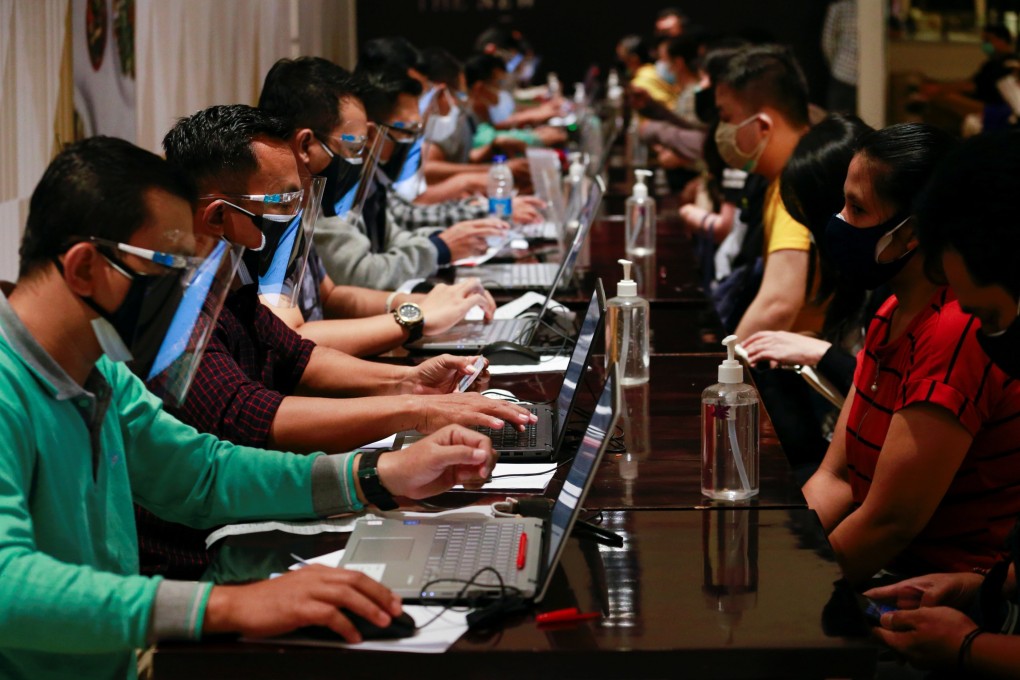Advertisement
Opinion | China’s vaccine diplomacy with Asean will be rewarded
- By making its vaccines available to a large swathe of the developing world, China has presented itself as a responsible global power, in stark contrast to the rich West
- The US’ aloof attitude towards Asean has also left a void for China to fill
Reading Time:3 minutes
Why you can trust SCMP
7

Geopolitics sits at the heart of foreign policy, and it’s also part of the current vaccine diplomacy. By distributing life-saving doses during the pandemic, China and other countries are essentially seeking to reap geopolitical dividends.
Through its efforts to provide Covid-19 vaccines to others in the Asia-Pacific region and elsewhere, China has presented itself as a responsible global power, giving it an opportunity to deepen relations with recipient countries.
On June 2, the foreign ministry said China had provided “more than 350 million doses of vaccines to the international community”, with exports to more than 40 countries.
Advertisement
Meanwhile, some of the richest and most technologically advanced nations in the West pre-booked large orders of vaccines for their populations. In Europe, a row even erupted between the EU and Britain over the export of AstraZeneca vaccines, while the US had until recently sat on millions of unused doses, which it now plans to distribute to others in need.
By and large, China’s interstate engagement for vaccine distribution is in stark contrast to the West’s vaccine nationalism.
In Southeast Asia, in particular, China’s proactive diplomacy is a far cry from America’s diplomatic aloofness. Then US president Donald Trump skipped the Asean summit for three years in a row. Current president Joe Biden has yet to reach out to the region as some had hoped he would after taking office.
Advertisement
Select Voice
Choose your listening speed
Get through articles 2x faster
1.25x
250 WPM
Slow
Average
Fast
1.25x

